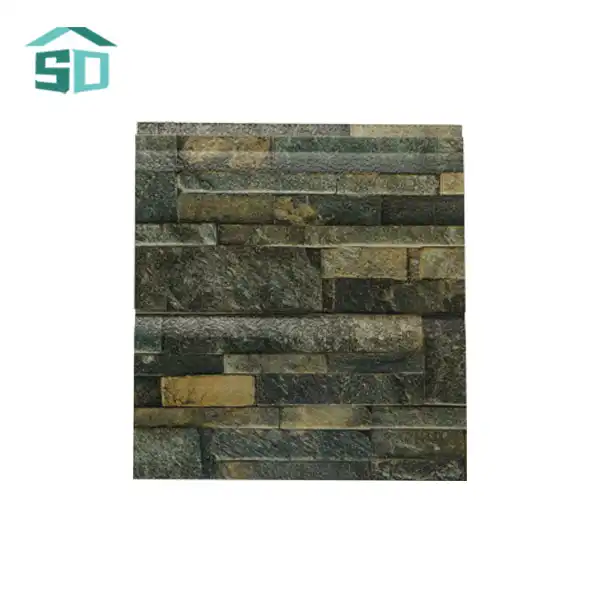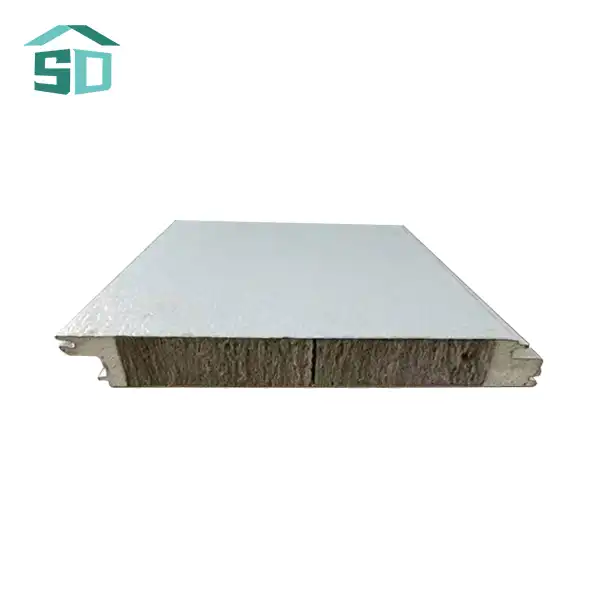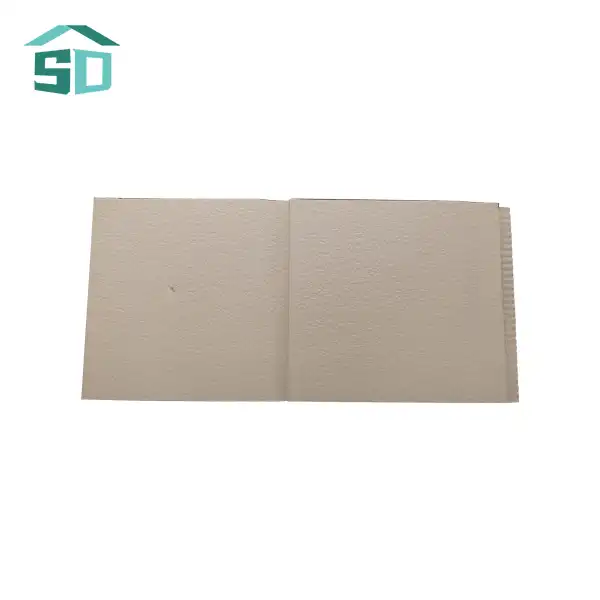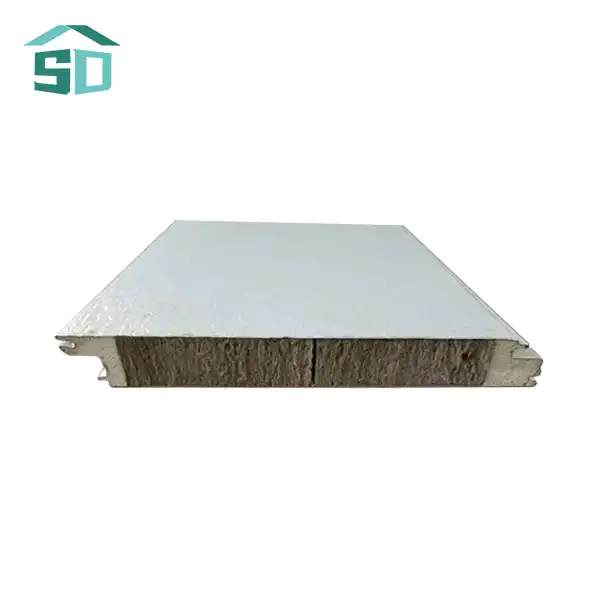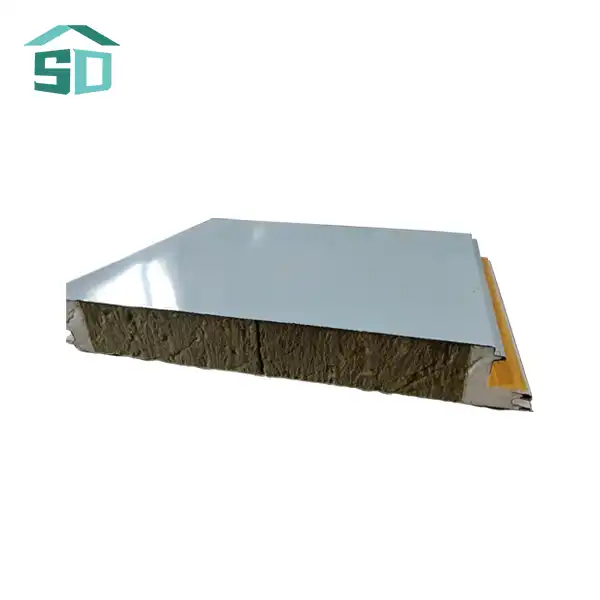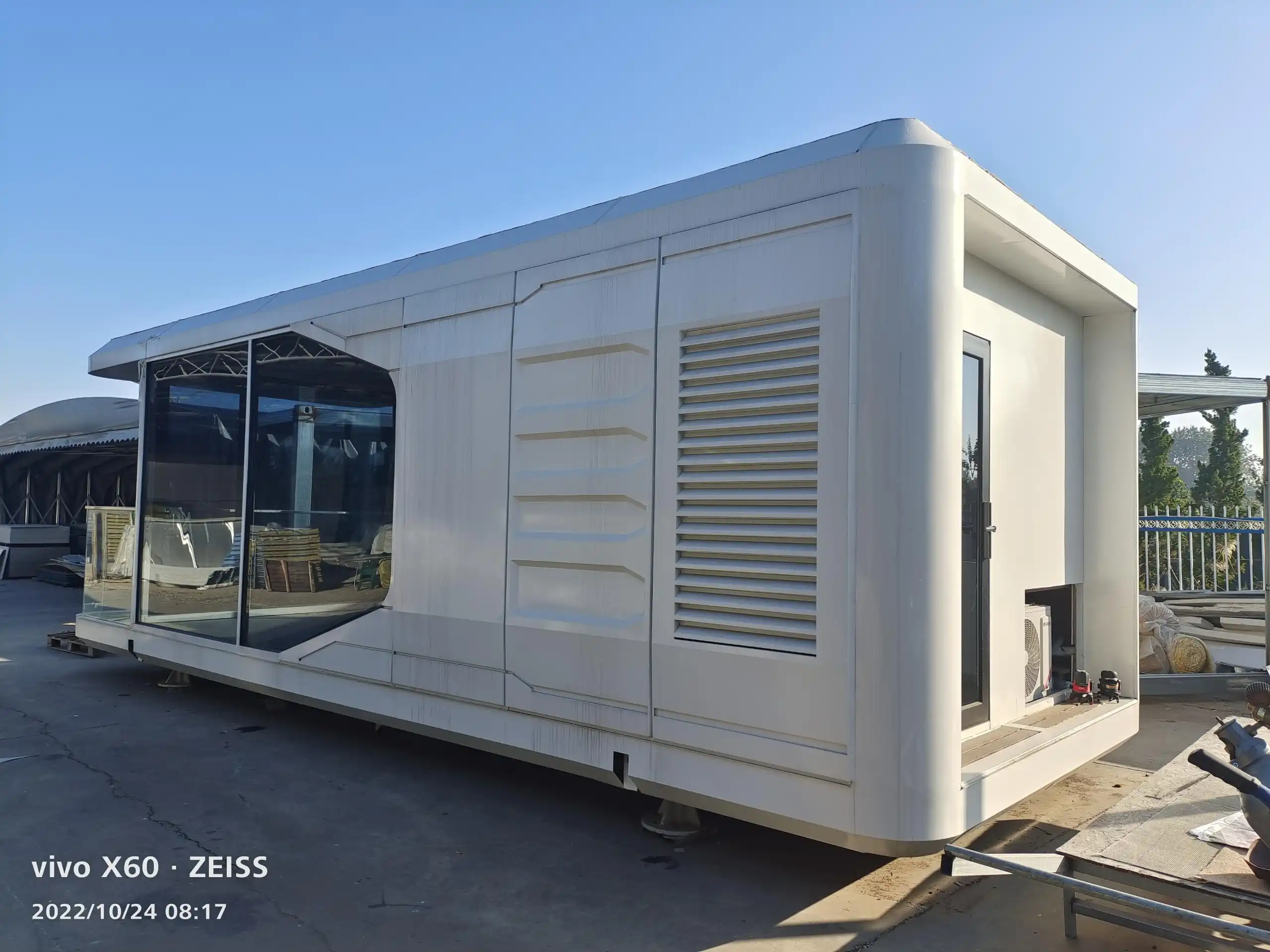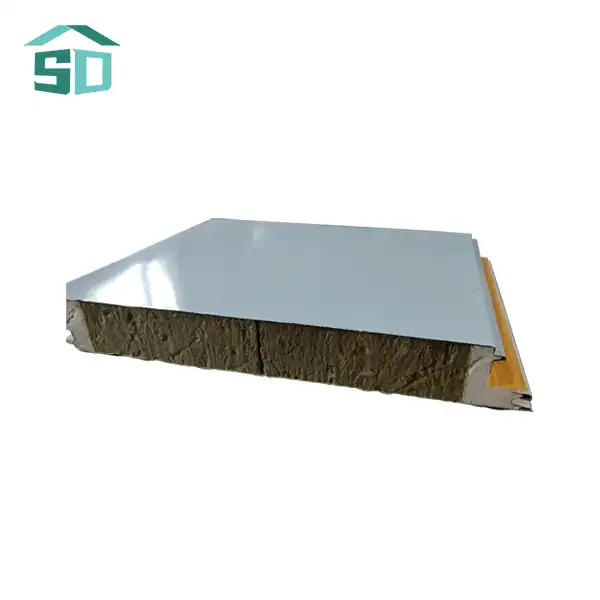Understanding the Acoustic Properties of Rockwool Sandwich Panels
The Science Behind Rockwool's Sound Absorption
Rockwool, the core material in these sandwich panels, is engineered to excel in sound absorption. Its fibrous structure creates a labyrinth of interconnected air pockets that trap sound waves, converting them into heat energy. This process, known as acoustic attenuation, significantly reduces the amount of sound that can pass through the panel.
The density of rockwool plays a crucial role in its sound-absorbing capabilities. Typically, rockwool used in sandwich panels has a density ranging from 100 to 150 kg/m³, which provides an optimal balance between acoustic performance and structural integrity. This density allows the material to effectively absorb a wide range of frequencies, from low bass tones to high-pitched sounds.
Comparing Rockwool to Other Insulation Materials
When compared to other common insulation materials like fiberglass or foam, rockwool sandwich panels often demonstrate superior acoustic performance. The rigid structure of rockwool fibers provides better sound dampening, especially for low-frequency noises that are typically challenging to mitigate.
Moreover, the sandwich panel construction, with its metal facings, adds another layer of sound reflection and absorption. This multi-layered approach to sound control makes rockwool sandwich panels particularly effective in creating quiet environments, outperforming many single-material solutions.
Practical Applications of Rockwool Sandwich Panels for Noise Reduction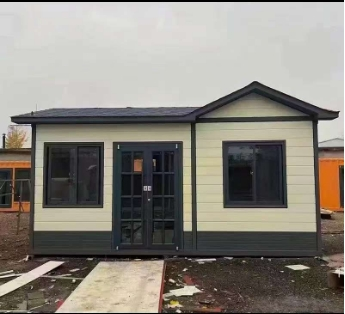
Residential Uses: Creating Peaceful Living Spaces
In residential settings, rockwool sandwich panels can be used to enhance the tranquility of homes. They are particularly effective in:
- Exterior walls to reduce traffic noise in urban areas
- Party walls between townhouses or apartments to minimize neighbor noise
- Home theater rooms for optimal acoustic performance
- Attic spaces to reduce noise from rain or hail on the roof
The panels' customizable sizes, ranging from 50mm to 150mm in thickness, allow for tailored solutions to meet specific noise reduction requirements in different areas of a home. Their ease of installation, as highlighted in the product information, makes them a practical choice for both new construction and renovation projects.
Commercial and Industrial Applications
In commercial and industrial environments, noise reduction is often crucial for productivity, safety, and compliance with workplace regulations. Rockwool sandwich panels find extensive use in:
- Office buildings to create quiet work environments
- Manufacturing facilities to contain machinery noise
- Recording studios and performance venues for acoustic precision
- Schools and hospitals to maintain peaceful atmospheres
The panels' versatility in application, as mentioned in the product overview, makes them suitable for a wide range of construction projects. Their ability to be integrated into various wall systems allows architects and builders to incorporate effective noise control solutions without compromising on design aesthetics.
Additional Benefits Beyond Noise Reduction
Thermal Insulation and Energy Efficiency
Whereas the center of this article is on commotion lessening, it's worth noticing that rockwool sandwich boards are moreover great warm insulin. The same properties that make them successful at retaining sound too contribute to their capacity to direct temperature. This double usefulness makes them a cost-effective arrangement for buildings pointing to move forward both acoustic consolation and vitality productivity.
The panels' thermal performance can lead to significant energy savings, reducing heating and cooling costs over the building's lifetime. This aligns with the growing demand for sustainable and eco-friendly building materials, as highlighted in the product information emphasizing the panels as a "Sustainable Choice for Green Building Projects."
Fire Resistance and Safety
Another crucial benefit of rockwool sandwich panels is their outstanding fire resistance. Rated as Class A1 according to fire safety standards, these panels provide an additional layer of safety to buildings. In the event of a fire, they can help contain the spread of flames, potentially saving lives and property.
This fire-resistant quality is particularly valuable in industrial settings where noise reduction needs to be balanced with stringent safety requirements. The non-flammable nature of rockwool makes these panels an ideal choice for facilities dealing with high-temperature processes or flammable materials.
Durability and Low Maintenance
The toughness of rockwool sandwich boards contributes to their long-term execution in clamor decrease. Not at all like a few sound-absorbing materials that can corrupt over time, rockwool keeps up its acoustic properties for the life of the building. The panels' resistance to dampness, as said in the specialized highlights, moreover anticipates issues like form development that seem compromise their execution.
Furthermore, the low maintenance requirements of these panels make them a practical choice for long-term noise control solutions. Once installed, they require minimal upkeep to continue providing effective sound insulation, making them a cost-effective option over the building's lifespan.
Conclusion
Rockwool sandwich panels offer a comprehensive solution for noise reduction in various construction applications. Their superior acoustic properties, combined with benefits like thermal insulation, fire resistance, and durability, make them an excellent choice for builders and architects seeking to create quieter, safer, and more energy-efficient spaces. As urban environments become increasingly noisy and building regulations more stringent, the value of effective noise control solutions like rockwool sandwich panels is only set to increase.
For those looking to enhance the acoustic performance of their buildings while benefiting from a range of additional advantages, rockwool sandwich panels present a compelling option. To learn more about how these versatile panels can be incorporated into your next project, or to explore our full range of exterior cladding and facade solutions, don't hesitate to contact us at info@sdqsc.com. Our team at Weifang Sandong Building Materials Co., Ltd. is ready to assist you in creating quieter, more comfortable, and energy-efficient spaces.
